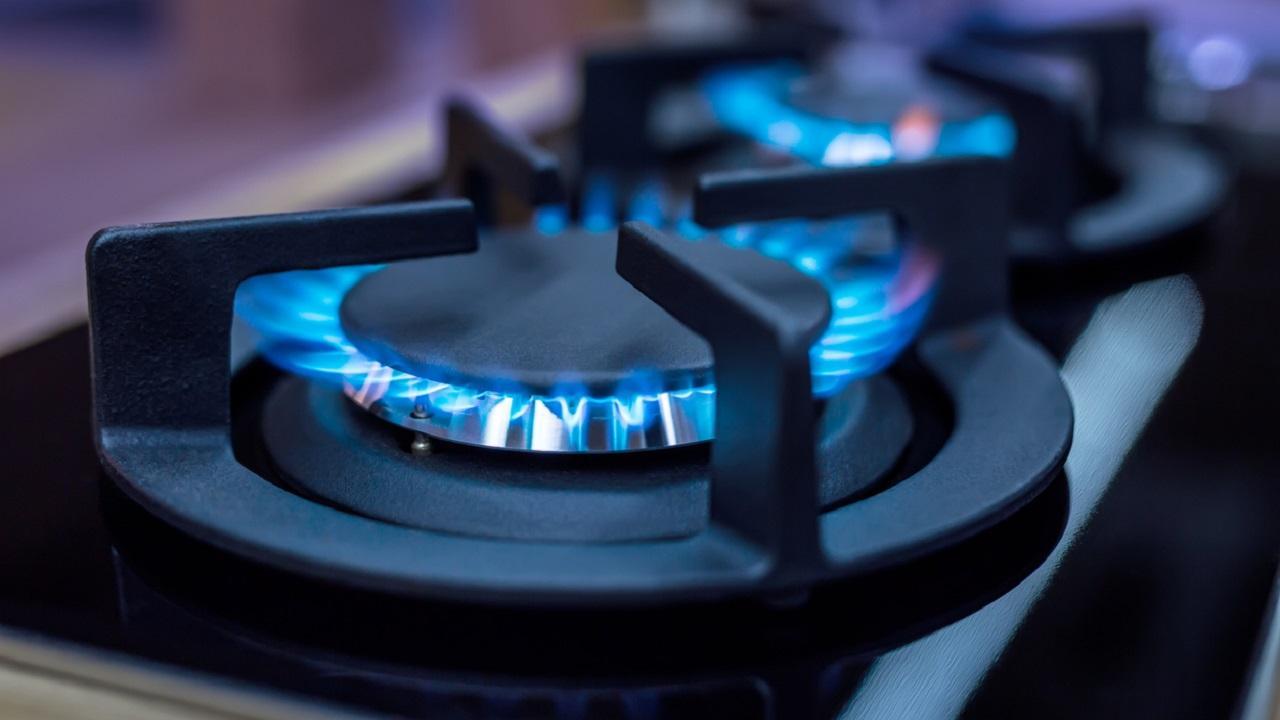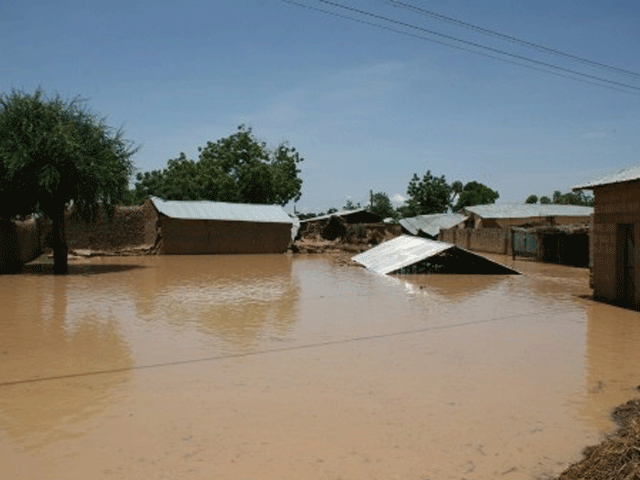
By Fatima Saka
The Government of Nigeria has unveiled its plans to supply cooking gas to 28.8 million households and enhanced biomass cook-stoves to 7.3 million, accounting for 48% and 13% respectively by 2030.
Added that this policy is anticipated to attract investments into the sector, thereby supporting the job creation agenda of the Federal government of Nigeria.
Dr. Iziaq Adekunle Salako, Honourable Minister Of State at the Federal Ministry Of Environment, disclosed this during the National Clean Cooking Fair held on Thursday in Abuja.
He stressed that the intervention is projected to save over 30,000 lives annually, foster the development of a domestic clean cooking industry, generate new employment opportunities, and mitigate deforestation.
The minister reiterated that these initiatives will aid the government in fulfilling its climate change commitments, such as the pledge to reduce Short Lived Climate Pollutants (SLCP) and enhance the well-being of women and girls in general.
He emphasizied that to meet these clean cooking targets effectively, a robust regulatory framework is deemed essential. Consequently, the Federal Ministry of Environment has devised a National Clean Cooking Policy, which was recently endorsed by the Federal Executive Council to provide a clear roadmap for Nigeria to achieve clean cooking outcomes.
*Distinguished Guests, it is worth recalling that following the approval by the Federal Executive Council, President Bola Ahmed Tinubu GCFR directed the immediate implementation and adaptation at the sub-national level.
*This directive led the Ministry, through the Department of Climate Change, to establish a National Implementation Committee to spearhead the process and solicit assistance in formulating a comprehensive Implementation Plan and Monitoring and Evaluation Framework for the Policy. At this juncture, our gratitude goes to Mr. President for his unwavering commitment to environmental sustainability and climate action,” he said.
Upon full implementation, Dr Salako reiterated that the National Clean Cooking Policy is poised to enhance public health by diminishing health hazards linked to traditional cooking practices, promote environmental sustainability through the utilization of clean cooking technologies, reduce deforestation and greenhouse gas emissions,
“improve energy accessibility and affordability, while fostering gender equality and empowerment for economic progress
.
The ongoing fair presents an avenue for us to exhibit innovative solutions, exchange best practices, and establish partnerships that will propel our mission onward. Through collaboration and knowledge sharing, according to the Minister for State.
“we can expedite the adoption of clean cooking technologies and empower communities to lead healthier and more environmentally conscious lives. This event must also explore ways to ensure that clean cooking technologies are accessible, available, and affordable to all Nigerians.*
Salako further urge all participants to seize this occasion to network, glean insights from experts, and explore inventive solutions that can instigate positive change in Nigeria and beyond. “Let us harness the power of partnership and innovation to craft a cleaner, more sustainable world for current and future generations. Cooking is an indispensable human activity that must be rendered safe, efficient, enjoyable, and gratifying.
*I extend my deepest appreciation to the European Union for their invaluable assistance and to all participants for their steadfast dedication to the cause of clean cooking. Together, let us pave the way for a brighter, cleaner, and more sustainable future.*



